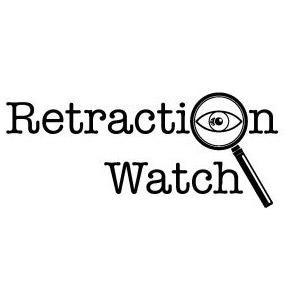Update, 12/19/24: These roles have been filled. Thanks to all who expressed interest and applied in a very competitive pool.
Thanks to generous support from the WoodNext Foundation and ongoing support from individual donors, as well as revenue from journalism partnerships and speaking fees, Retraction Watch is hiring for two roles: managing editor and staff reporter. If you’re interested in accountability science journalism with impact that drives the conversation around scientific integrity and is frequently picked up by local, national and international news outlets, these roles are for you.
The managing editor will:
Continue reading Retraction Watch is hiring! Two journalism jobs available

